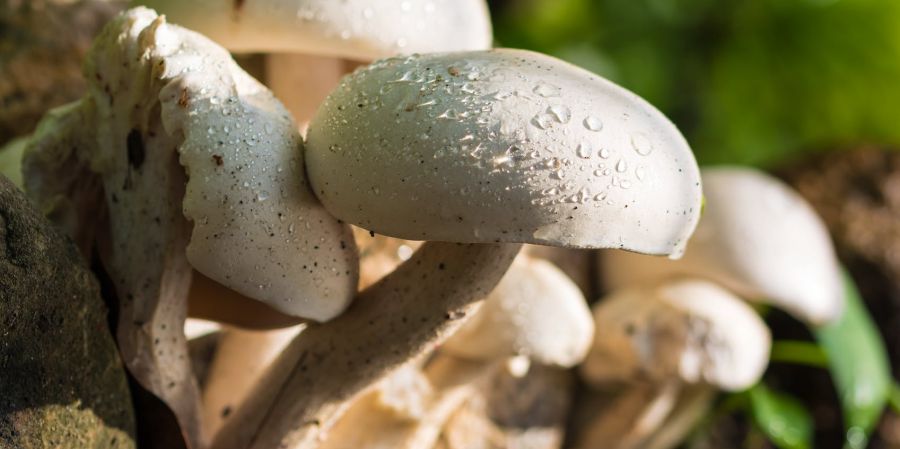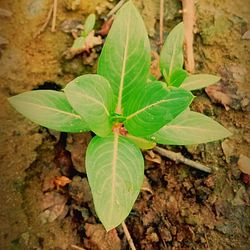

They are among the most remarkable organisms on earth, yet mostly invisible. Their web expands and connects the dots of our entire global ecosystems and are essential for the cycle of life. Fungi!
The fungi kingdom have a decisive role in the evolution of life, not just in the previous time but even in current times. They degrade almost everything, sponge up some of the most hazardous pollutants and can even create entirely new materials. They are strange and magical in ways you would never imagine. So could they potentially help to clean up the mess on our planet and become the building blocks of our future?
But first of all, what are mushrooms actually? Let's explore their hidden existence. They are their own realm different to animals and plants. Their secret life evolved over a billion years ago and during evolution fungi became the trailblazer of life as we know it. Mining nutrients from rocks and providing them to plants millions of years ago. They help plants to grow and produce oxygen making our lives today possible.
Fungi are among the few organisms on the planet that can significantly breakdown lignin, a component in wood cells, but also present in fruits and any kind of tree or plant that decays after dying. Fungi are essential to keep our soils healthy and scientists are just beginning to explore their amazing abilities.
How do fungi function? Well, organic pollutants like fuel oils originate from dead organic matter, so fungi the great them with the same enzyme they degrade wood and leaves. Contaminants are chopped into smaller compounds which are less harmful or not dangerous at all, so they can become part of the nutrient cycle again. Some are degraded to carbon dioxide or water. But it doesn't end with organic matter. Fungi can also treat soil contaminated with arsenic, lead and mercury from mining operations or even radioactive elements.
Treating soils with fungi is feasible in the rather small areas. It's cheaper and more eco friendly than conventional methods removing and burning it. It's not an easy method though, especially in entire forest or mining regions. Ecosystems are unique and translocated fungi from another area do not necessarily grow in them. Promoting local species that can do the job would be key, but this takes time and patience.
With accelerating climate change and pollution putting increasing pressure on our ecosystems, methods to tackle its degradation are becoming more urgent than ever. In one way or the other fungi will play a decisive role here. They are essential to the health of our planet. We just need to make use of their secret powers.














